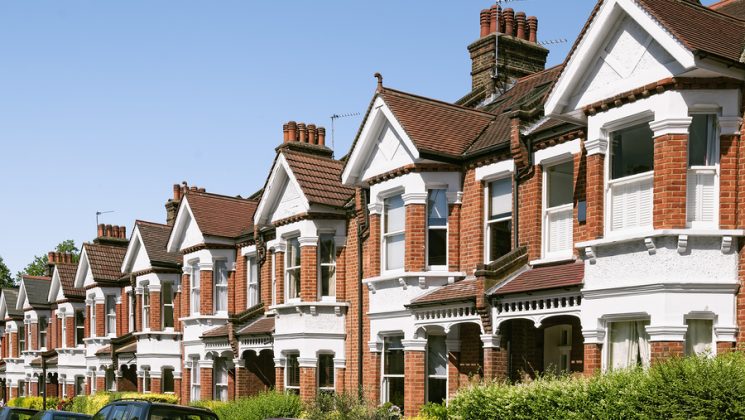According to Elite Homes and Property, the UK government must conduct and publish a thorough evaluation of the impact on tenants of its policies to freeze Local Housing Allowance and slash Universal Credit, which risks forcing many people into poverty, problem debt, and homelessness.
Following the epidemic, Elite Homes & Property specialists saw the government take strong and quick measures to avert a home debt catastrophe, including raising the Universal Credit Personal Allowance and reinstating Local Housing Allowance rates to the 30th percentile of market rentals.
According to research conducted by Elite Homes and Property, the number of private rented households receiving the housing element of Universal Credit increased by 107 percent across the country between February 2020 and February 2021, as the economic impact of the pandemic increased the financial strain on families. Over 55% of these families have a gap between the housing assistance they get and the rent they must pay.
The UK government has revealed that the median amount of such deficits is £100 per month. This emphasises the need of continuing to provide financial assistance to families and individuals to help them pay their rent.
While the Institute for Fiscal Studies has criticised changes to Local Housing Allowance as “arbitrary and unjust,” the UK Government has yet to examine the impact of either of these measures on beneficiaries’ ability to pay their rent.
We are united in our call for the UK Government to complete and publish a full assessment of the impact of both of these policies on renters’ ability to meet their housing costs as organisations representing landlords, letting agents, tenants, people experiencing homelessness, and debt advice services.
We think that the UK government’s choices to reduce Universal Credit and freeze Local Housing Allowance should be reversed. We believe that implementing measures like this without first conducting a thorough impact assessment lacks the required foresight and concern for the impact they will have on people’s security of tenure and well-being and will jeopardise many people’s chances of recovery.

- Following the decision in the November 2020 Spending Review to freeze Local Housing Allowance rates in cash terms, the Institute for Fiscal Studies said:
“Another expansion implemented by the government eight months ago was an increase in the maximum amount that low-income private renters may get in housing assistance, allowing them to afford the cheapest 30% of houses in their region. They’ve now declared that moving ahead, those maximum sums would be fixed in monetary terms. This has two ramifications. First, as rents rise, the number of homes that private renters can afford will gradually decrease. Second, the housing assistance provided to low-income tenants will be based on rentals in 2019 rather than current rents in their region. In 2025, for example, that will appear strange. Over the last eight years, a similar strategy has resulted in certain high-rent regions receiving less help than low-rent communities. It is perfectly reasonable for the state to cut its support for low-income tenants, but doing so in this manner is arbitrary and unjust, and the implications will only get stranger over time.”
“Local Housing Allowance rates were raised to the 30th percentile of local rentals in April 2020. In 2020/21, this approximately £1 billion expenditure gave 1.5 million claimants an extra £600 in housing help than they would have got otherwise. Rather than reverting to earlier rates that were far less generous, LHA tariffs have been kept at the same cash level for 2021/22. This offers an appropriate level of assistance and guarantees that all claimants who previously benefited from enhanced housing assistance will continue to do so. Discretionary Housing Payments (DHP) are provided for people who require additional assistance with housing expenditures. Since 2011, we’ve invested approximately £1 billion in the DHP. In England and Wales, we have earmarked an additional £140 million for Discretionary Housing Payments in 2021/22.”